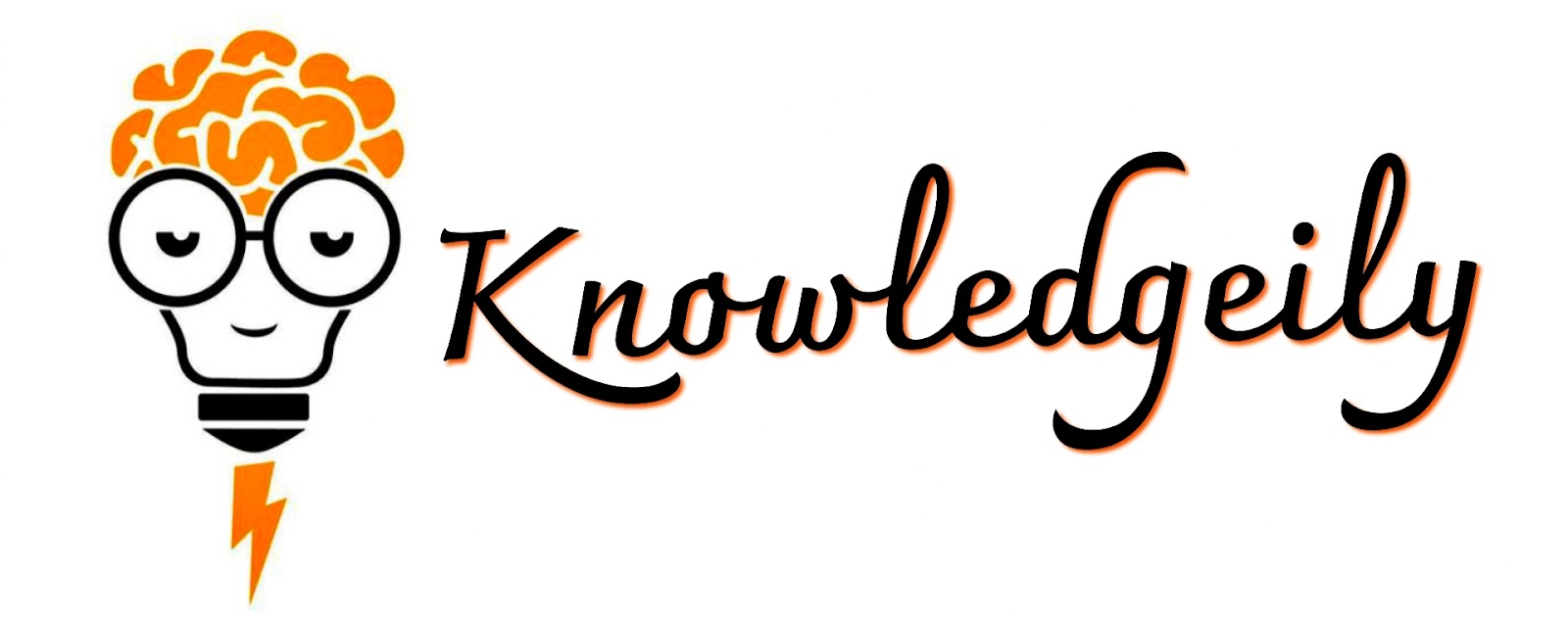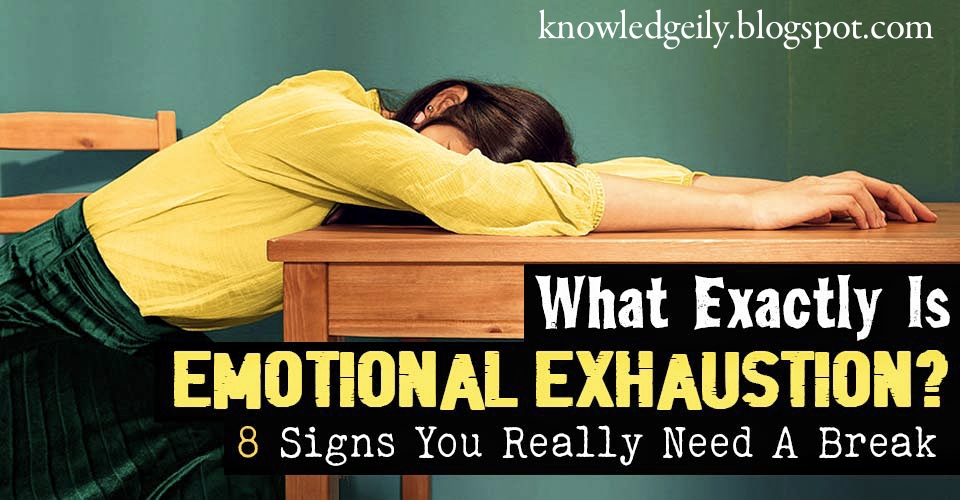Hello there,
fellow warriors of life! Sometimes we often find ourselves pushing the
boundaries of our mental and emotional limits. While hard work is admirable,
it's crucial to recognize when our minds need a break. In today’s blog post,
we'll explore eight signs that indicate you may be mentally exhausted and in
need of some well-deserved rest.
We'll
illustrate signs with relatable examples and sprinkle in relevant quotes to
guide you on the path to self-care. So, let's begin our journey towards
recognizing and addressing mental exhaustion.
1.
Persistent Fatigue
Imagine
waking up after a full night's sleep, but instead of feeling refreshed, you're
still tired and drained. If persistent fatigue is your daily companion, it may
be a sign that your mind and body are in desperate need of rest. Albert
Einstein said, "A rested mind is a creative mind."
Example: Vaishali, a dedicated nurse working
long hours during the pandemic, constantly feels exhausted, even after a good
night's sleep. Her body is signaling that she needs a break to recharge.
2. Reduced
Concentration and Focus
Think about a
time when you struggled to concentrate on a task you used to handle with ease.
Mental exhaustion can lead to a significant decline in concentration and focus.
Your mind feels like a jumbled puzzle, making it difficult to complete even
simple tasks efficiently.
Example: Amrit, a software developer, finds
himself making mistakes in his code that he would never have made before. His
inability to focus is impacting his work quality.
Subscribe our WhatsApp channel Click to join
3.
Increased Irritability
Imagine being
irritable, short-tempered, and easily frustrated by minor inconveniences.
Mental exhaustion often leads to heightened emotional sensitivity.
Example: Maya, a working mom, is so mentally
drained that she loses her patience with her children for the smallest of
reasons, leading to strained relationships.
4. Insomnia or Disturbed Sleep Patterns
Consider a
night when you couldn't fall asleep or kept waking up frequently. Mental
exhaustion can lead to insomnia or disrupted sleep patterns. Racing thoughts
and worries can make it challenging to enjoy a restful night's sleep.
Example: Subhash, a corporate executive, lies
awake for hours each night, worrying about upcoming meetings and deadlines,
resulting in sleepless nights.
Read Now: 10 Things to Do When You Are Struggling in Life
5.
Decreased Productivity
Think about a
day when your to-do list seemed endless, but you couldn't accomplish much.
Mental exhaustion often leads to decreased productivity. You may struggle to
meet deadlines and find it challenging to complete tasks efficiently.
Example: Naina, a college student, can't seem to focus on her studies. She's falling behind on assignments and missing important deadlines.
6. Loss of
Interest and Motivation
Imagine a
hobby or activity you once loved but have now lost interest in. Mental
exhaustion can zap your enthusiasm and motivation for the things that used to
bring you joy. You may feel apathetic and uninspired.
Example: Raman, an avid painter, hasn't picked
up his brushes in months. His creative spark has dimmed due to mental
exhaustion.
7.
Physical Symptoms
Consider
experiencing physical symptoms like headaches, muscle tension, or stomachaches
without any underlying medical cause. Mental exhaustion can manifest as
physical discomfort, a clear signal from your body that it's time for a break.
Example: Shally, a teacher, frequently
experiences tension headaches and back pain due to the stress of managing a
demanding classroom.
8.
Neglecting Self-Care
Think about
when you last engaged in self-care activities like exercise, meditation, or
spending quality time with loved ones. Mental exhaustion often leads to
neglecting self-care. You may prioritize work or responsibilities over your
well-being.
Example: Jassy, a software engineer, hasn't
taken a vacation in years and rarely takes time for himself, leading to
burnout.
Recognizing
the signs of mental exhaustion is the first step toward self-care and
well-being. If you find yourself experiencing any of above situation then it's
time to prioritize your mental health. As the saying goes, "You can't pour
from an empty cup." Taking a break, seeking support, and practicing
self-care are essential for recharging your mental and emotional batteries.
Remember that
mental exhaustion is a common challenge in our busy lives, and acknowledging it
is a courageous step toward a healthier, more balanced you. So, dear reader,
take a moment to assess your well-being, and if you recognize these signs, make
self-care a priority. Your mental health matters, and taking a break is a
powerful act of self-love and self-preservation.
Read Now: 10 Ways to Wake Up at 5 AM Early Morning




